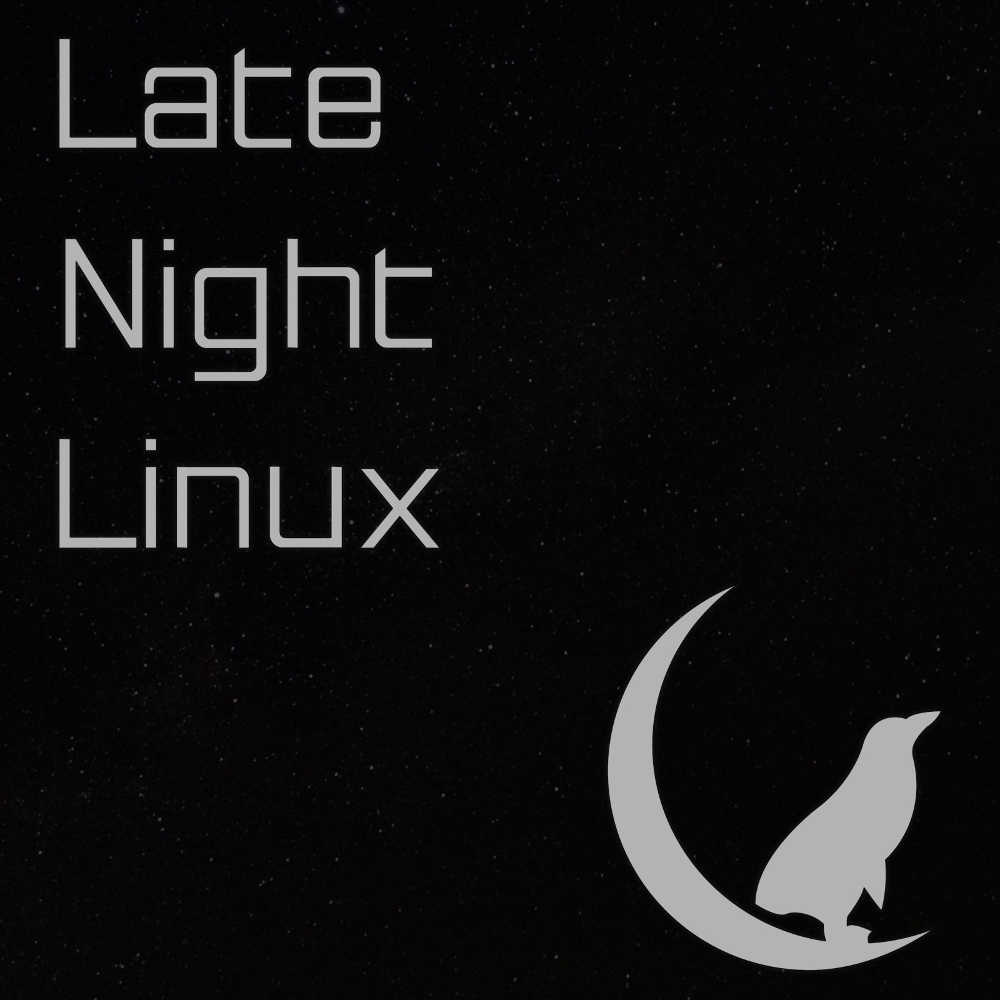
 Late Night Linux
Late Night Linux Late Night Linux – Episode 301
Sep 30, 2024
Jason Evangelho, a Linux gaming advocate and Forbes writer, explores the thriving state of Linux gaming, noting how many titles now perform as well or better than on Windows. He shares insights on the popular Steam Deck and its role in expanding playable games. The discussion also covers handy tools like GitHub CLI and dug for DNS testing, as well as nostalgic gaming through Acid Vice, an emulator that captures the Commodore 64 experience with authentic sounds. Evangelho's enthusiasm signals a bright future for Linux in gaming.
Chapters
Transcript
Episode notes
1 2 3 4 5 6
Intro
00:00 • 3min
Testing Internet Performance and DNS Propagation Challenges
02:43 • 2min
Reviving Nostalgia with Acid Vice
04:21 • 4min
The Universality of Command Line Usage Across Operating Systems
08:21 • 1min
Support and Transition: A Dive into Linux Sponsorship and Gaming Writing
09:49 • 2min
The Rise of Linux Gaming
11:26 • 13min

